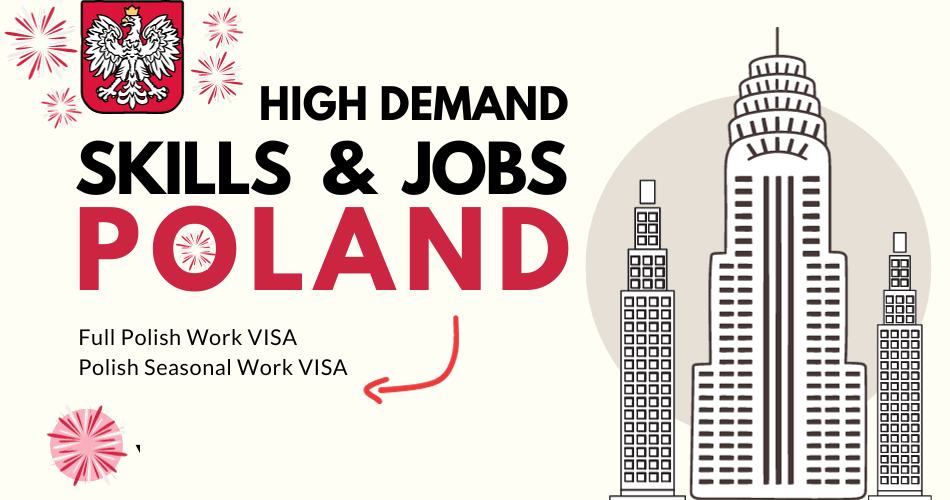
Recruiting in Poland involves navigating the country's labor market, understanding its cultural nuances, and complying with relevant employment regulations. Here are some key aspects to consider:
1. **Labor Market Overview:**
- Poland has a diverse and dynamic labor market with a skilled workforce.
- The IT sector, finance, manufacturing, and services are prominent industries.
- Major cities like Warsaw, Krakow, and Wroclaw are key business hubs.
2. **Cultural Considerations:**
- Polish culture values professionalism, punctuality, and a strong work ethic.
- Building personal relationships is important, and trust is often established through face-to-face interactions.
- Polish is the official language, but many professionals, especially in business, speak English.
3. **Recruitment Platforms:**
- Online job portals such as Pracuj.pl, GoldenLine, and LinkedIn are widely used for job postings and networking.
- Recruitment agencies can also be effective for finding qualified candidates.
4. **Legal Requirements:**
- Understand and comply with Polish labor laws and regulations.
- Employment contracts, including terms and conditions, should be in line with local laws.
- Ensure proper work permits and visa arrangements for non-EU employees.
5. **Salary and Benefits:**
- Research and offer competitive salaries based on industry standards.
- Understand the expectations regarding benefits such as health insurance, vacation days, and bonuses.
6. **Interviewing Practices:**
- Interviews are generally formal, and preparation is important.
- Behavioral and competency-based interviews are commonly used.
- Respectful communication is crucial; it's common to address people using their titles and last names.
7. **Onboarding Process:**
- Provide a comprehensive onboarding process to help new hires integrate into the company and culture.
- Familiarize employees with company policies, workplace etiquette, and any necessary training.
8. **Diversity and Inclusion:**
- Be mindful of diversity and inclusion practices in recruitment.
- Promote a workplace culture that values diversity to attract and retain a talented workforce.
9. **Networking:**
- Participate in industry events, conferences, and networking groups to build connections and identify potential candidates.
10. **Language Skills:**
- While English is widely spoken, having employees who can speak Polish can be advantageous for smoother communication, especially in non-urban areas.
Always consult with legal and HR experts familiar with Polish employment laws to ensure compliance and smooth recruitment processes.